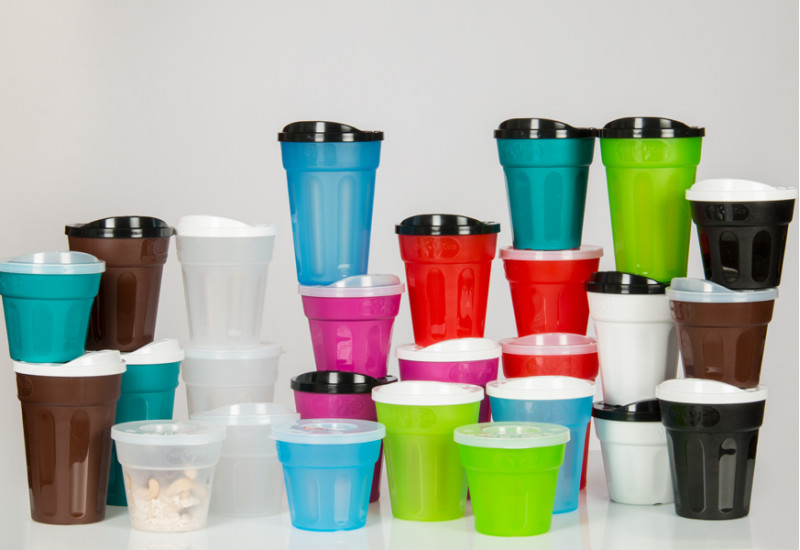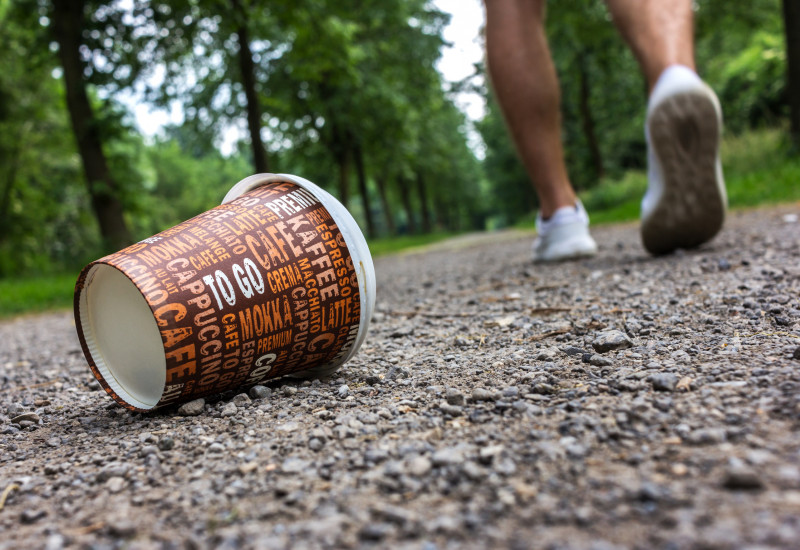From 12 June to 16 July interested citizens can submit their ideas and suggestions for the German federal government's resource conservation policy. Their proposals will be taken into account in the update of the German Resource Efficiency Programme ("ProgRess") . read more
Online citizen dialogue "GesprächStoff Ressourcen" sparks talk about resource efficiency









